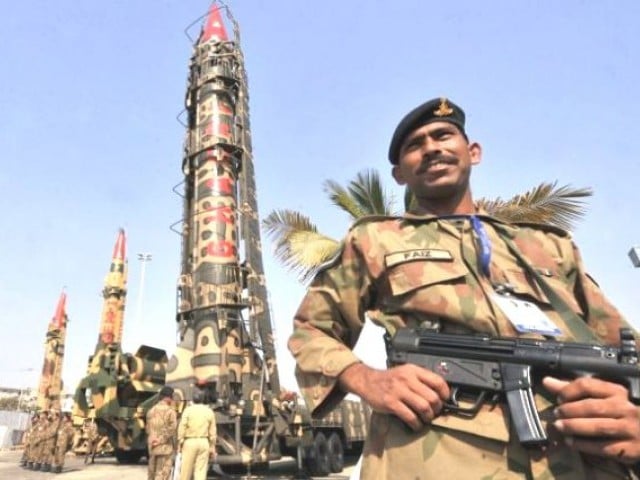
“We will not compromise our nuclear programme… we are seeking civilian nuclear technology but that does not mean we will accept any restrictions on our nuclear weapons programme,” the official, who is familiar with Pakistan’s talks on nuclear issues, told The Express Tribune on the condition of anonymity.
In an opinion piece published by The Washington Post, US journalist David Ignatius claimed that Washington is exploring possible new limits and controls on Pakistan’s nuclear weapons and delivery systems. Such an accord, he wrote, may eventually open a path toward a Pakistani version of the civil nuclear deal that was launched with India in 2015.
He further claimed that a source familiar with the talks said Pakistan had been asked to consider what were described as ‘brackets’. “Pakistan would agree to restrict its nuclear programme to weapons and delivery systems that are appropriate to its actual defense needs against India’s nuclear threat. Pakistan might agree not to deploy missiles capable of reaching beyond a certain range, for example,” Ignatius said.
The foreign office, however, in an official reaction to The Washington Post article would not say if Pakistan was offered a conditional nuclear deal by the US. “As a responsible nuclear state Pakistan remains actively engaged with the international community, including the United States, on nuclear stability and security issues,” said the foreign office spokesperson on Wednesday.
Without referring to the conditions mentioned in the Washington Post piece, he said Pakistan’s nuclear policy was shaped by evolving security dynamics of South Asia, growing conventional asymmetry, provocative doctrines and aggressive posturing by India.
This situation, the spokesperson said, obliges Pakistan to take all necessary measures to maintain a full spectrum deterrence capability in order to safeguard our national security, maintain strategic stability and deter any kind of aggression from India.
“Pakistan seeks peace and strategic stability in South Asia as a cornerstone of its policy and considers conflict resolution as a means to achieve this end. This policy has been reiterated by Pakistan’s highest decision-making body, the National Command Authority (NCA), chaired by the Prime Minister, in its meeting on September 9, 2015,” he said.
Published in The Express Tribune, October 8th, 2015.





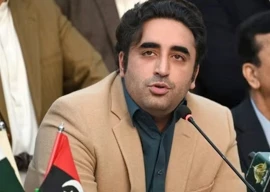
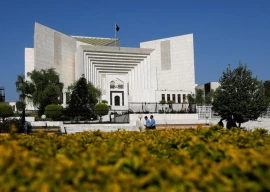
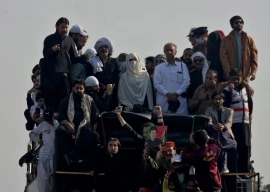


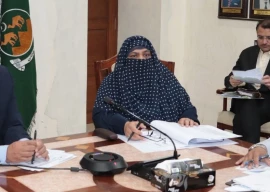






COMMENTS (15)
Comments are moderated and generally will be posted if they are on-topic and not abusive.
For more information, please see our Comments FAQ